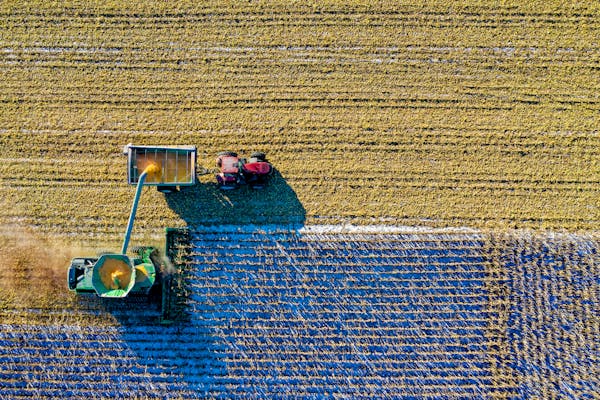Foundation qualification in mixed farming systems, providing access to the primary agricultural sector with competence in both plant and animal production within an integrated farming approach.

This qualification is designed to provide new entrants with access to the Primary Agricultural Sector with specific reference to mixed farming systems. The qualification prepares learners to participate as part of a working team, performing agricultural processes applicable to both plant and animal production in a closely defined context and under close supervision.
This qualification positions learners to extend their learning into other agricultural sub-fields and progress towards higher levels of management and technical production practices. It also allows recognition of prior learning and assumes basic literacy and numeracy equivalent to ABET 3.
Upon successful completion of this qualification, learners can pursue the following career paths:
Explore other AgriSETA qualifications
Gain comprehensive skills in both plant and animal production for sustainable, integrated farming operations.